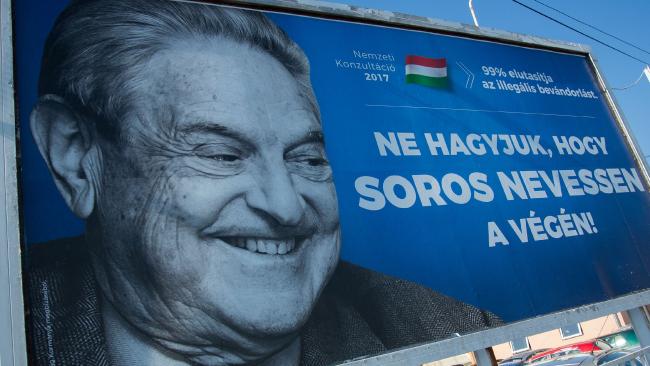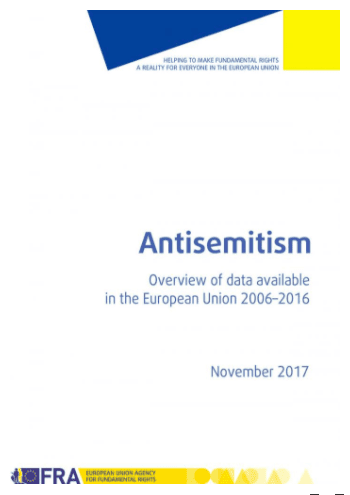“In a cynical world, such a noble act of kindness, generosity and solidarity has bowled us over”, said Rabbi Menachem Margolin – Mr Abdallah Chatila will join the EJA as guest on major Auschwitz trip to receive award.
Following the controversial auction of Nazi memorabilia by Hermann Historica in Munich last week that was raised by the European Jewish Association (EJA) and let to massive uproar and media attention, it has emerged that a prominent Lebanese businessman directly responded to the news by buying over 600,000 euros of nazi memorabilia with the sole purpose of giving it to the Jewish community to do with it as it sees fit.
Rabbi Margolin spoke to Mr Chatila to thank him, and Mr Chatila has accepted an inviation to come to Auschwitz on a delegation organised by the EJA for 100 parliamentarians from across Europe, where the businessman will be awarded for his act.
Besides the top hat belonging to Hitler and the rare edition of Mein Kampf, the Businessman also bought the personal Fuhrer’s cigar box, a silver frame offered to SS commander Ulrich Graf, several handwritten letters to his childhood friend August Kubizek, a box to silver music, Edda Göring’s baptismal gift in 1938, or the typewriter Traudl Junge, Hitler’s assistant, used to capture the Nazi leader’s texts. In a statement today, Rabbi Margolin said,
“We believe that the trade in such items is morally unjustifiable and it seemed, given the uproar and outrage that led up and following the auction that we were not alone.
“We were not prepared however, in this cynical world in which we live, to expect an act of such kindness, such generosity and such solidarity as demonstrated by Mr Chatila. It is clear he understood our aggravation and hurt at the sale, and decided to do something about it in a way that nobody foresaw. We greatly appreciate his understanding that such items have no place on the market, and should ultimately be destroyed. But that he chose to give the items to Jews shows a remarkable conscience and understanding.
“I personally spoke to Mr Chatila on behalf of our Association, our members and the hundreds of communities that we represent to extend our heartfelt thanks for his selfless and important act.
He has also accepted our invitation to attend an upcoming delegation to Auschwitz that we are organising for 100 MPs from across the continent to see and learn first-hand where the Nazi ideology leads. Mr Chatila’s inspiring act is a story that deserves to be told at the highest levels, and he will be there as our guest where we will present him with an award for his act.
“The example set by Mr Chatila is one that deserves as much attention as possible, we thank him for showing the world that an act of righteousness such as this has the power to literally and metaphorically burn the dark Nazi past away.”
The letter written by Rabbi Margolin to Mr. Abdallah Chatila:

















